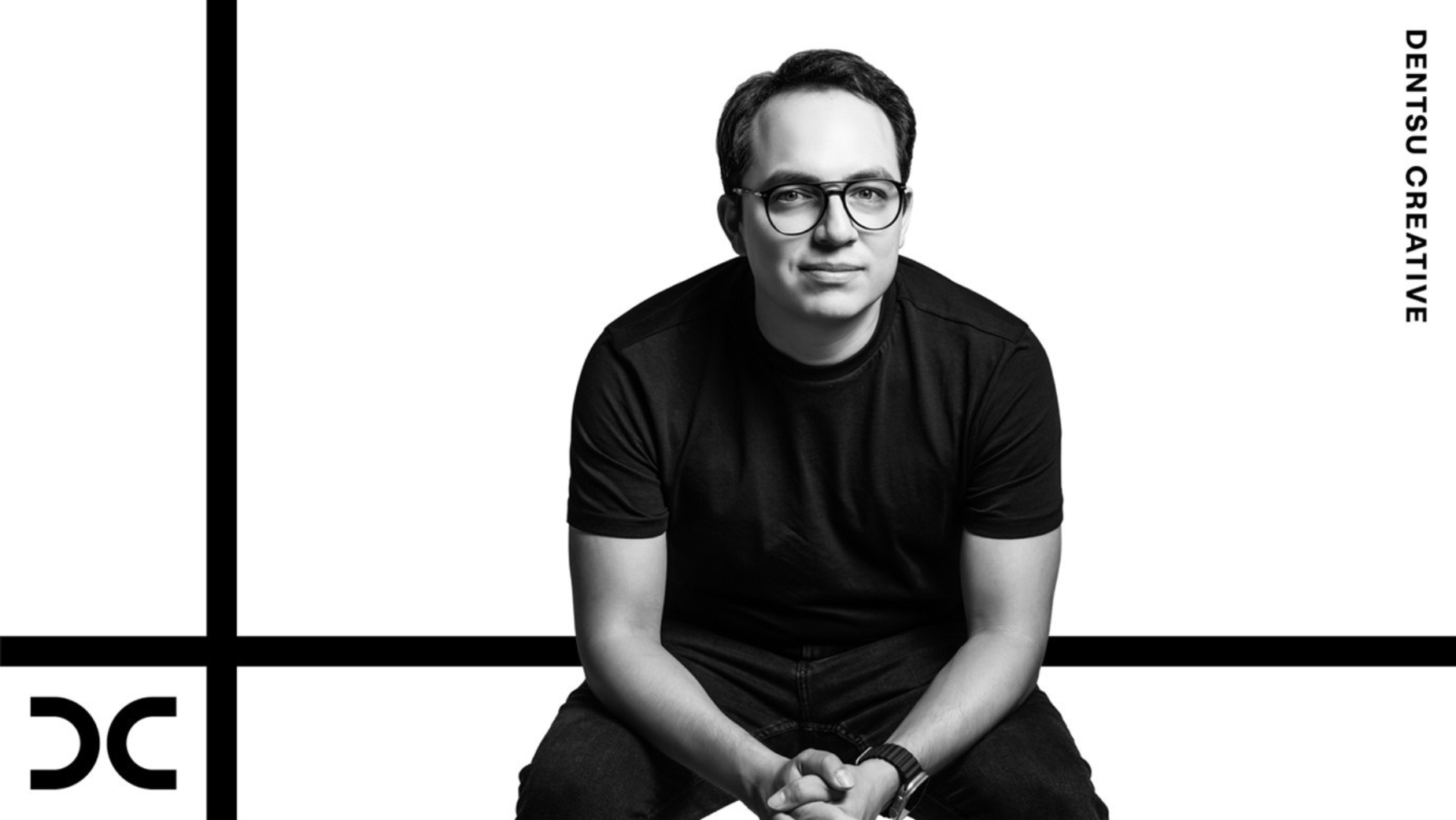
Why Culture, Not Code, Will Define the Future of Branding

Carlos Buenfil, chief strategy officer, Dentsu Creative México
The algorithmic revolution is no longer a promise for the future: it is the present. Artificial intelligence (AI) is reshaping the way brands interact with consumers, shifting from a logic of mass visibility to one of relevance, personalisation, and emotional connection. But while technology advances at a rapid pace, the real challenge for companies is cultural: how to stand out in a fragmented and saturated market without losing authenticity?
Carlos Buenfil, chief strategy officer at Dentsu Creative Mexico, offers a clear vision: “Technology should be an ally that amplifies the purpose of brands, not an excuse to produce more of the same.” His diagnosis is blunt: algorithmic optimisation without strategy can lead to “dangerous homogenisation,” where generic content, while efficient in metrics, ends up losing real impact.
According to Dentsu Creative's Fragment Forward report, 64% of consumers globally expect brands to understand and respond to their individual needs in real time. However, when that personalisation is superficial or perceived as invasive, it can generate disconnection rather than loyalty. Hence, Carlos warns about the risk of premium dullness, that invisible cost that brands pay when they settle for the predictable. “In a sea of uniform content, the differentiator will be the ability to hack the algorithm with ideas that connect deeply with people,” he said.
But what does 'hacking the algorithm' mean? For Dentsu Creative, it's about using technology not only to reach audiences, but to activate communities, narratives, and cultural meanings. And here another key phenomenon comes into play: fragmentation. Instead of seeing it as an obstacle, Carlos proposes approaching it like Japanese Kintsugi, a technique that repairs broken objects with gold, transforming their cracks into strengths. The same can be applied to marketing: integrating market fissures as spaces of opportunity.
The rise of deinfluencing, the growth of the second-hand market, and the demand for conscious consumption reflect a profound shift in consumer priorities. In fact, according to Fragment Forward, 72% of consumers believe that brands have a responsibility to drive positive cultural change, which requires companies to go beyond following trends: they must interpret them, adapt them, and, above all, anticipate them.
One of the tools proposed by Dentsu Creative for this challenge is the Growth Spaces approach, a methodology that allows for the detection of growth opportunities aligned with cultural values and business objectives. It has been successfully applied in industries as diverse as finance, mobility, and entertainment, demonstrating that strategic creativity can become a driver of real innovation.
In this context, Carlos defines three essential pillars for brands to thrive in the algorithmic era: distinctive creativity, to avoid generic content that only feeds digital monotony; cultural agility, which allows brands to move quickly with the pace of trends without compromising brand identity; and the humanisation of technology, using AI as a bridge to build more empathetic and meaningful connections.
The real differentiator, he says, is not just the technology itself, but how brands use it to create human value. “We are facing a unique opportunity. AI can be brands' greatest ally, as long as it is used to amplify what makes us human and not to erase our essence,” he concluded.
In a world increasingly dominated by codes, data, and automation, the key to success lies not only in better programming, but in better thinking. The new competitive advantage will not only be technological, it will be cultural.














